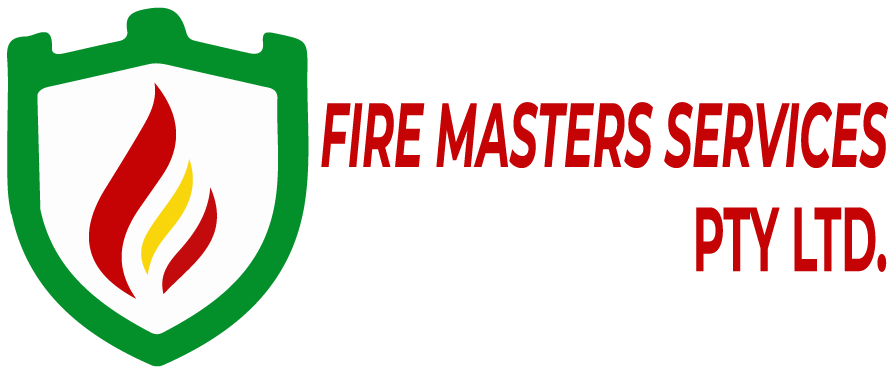Why Dry Chemical Extinguishers Are Essential for Fire Safety
Dry chemical fire extinguishers are among the most versatile and widely used fire extinguishing tools. These extinguishers are specifically designed to handle a variety of fire types, including those caused by flammable liquids, gases, and electrical equipment. With their quick response and efficiency, dry chemical extinguishers are essential in both commercial and residential environments to provide rapid protection and control over fires in their early stages.
GET IN TOUCH
Types of Dry Chemical Extinguishers
Dry chemical fire extinguishers are available in different classifications, each designed to tackle specific types of fires:
- ABC Powder Extinguishers – The most commonly used type, effective on Class A (ordinary combustibles), Class B (flammable liquids), and Class C (electrical) fires.
- BC Powder Extinguishers – Suitable for Class B and C fires, often used in environments where electrical or flammable liquid hazards are present.
- Class D Extinguishers – These are designed for metal fires, often used in industrial settings where metals such as magnesium or titanium are present.
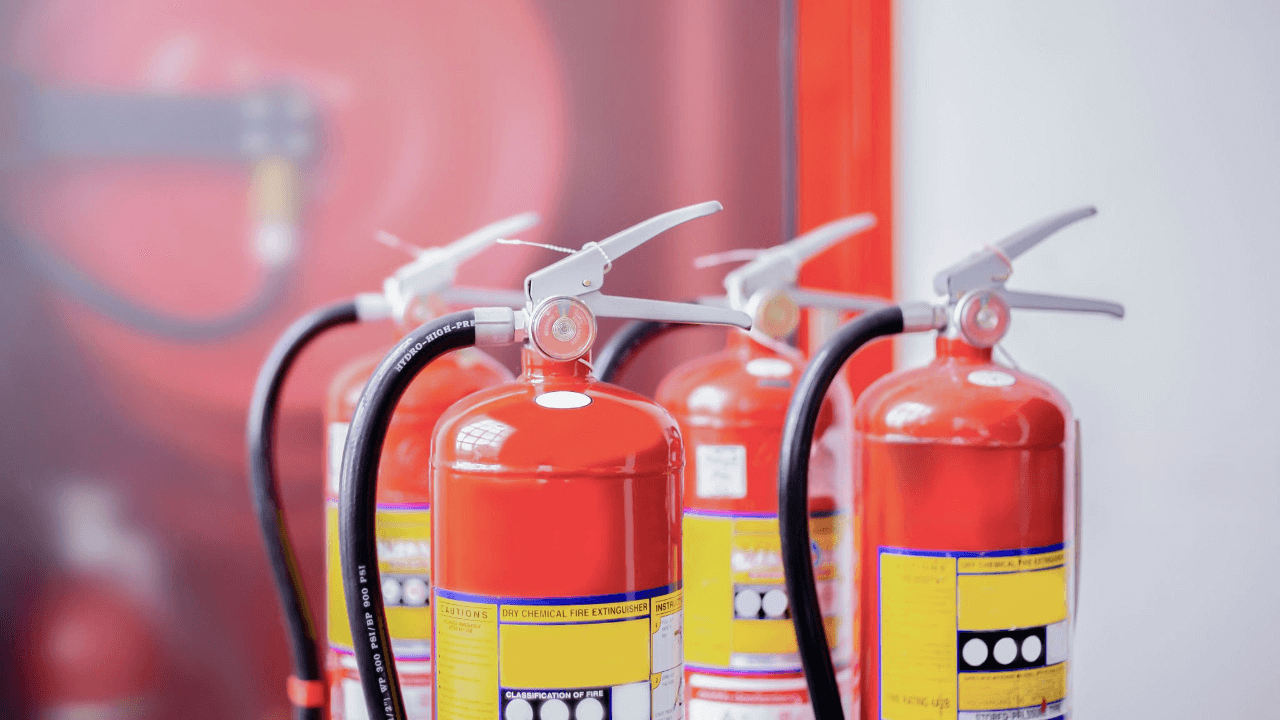
How Dry Chemical Extinguishers Work
The effectiveness of dry chemical extinguishers lies in their ability to disperse fine powders that interrupt the chemical reactions that fuel the fire. When activated, the powder is ejected through a nozzle, rapidly covering the flames and displacing the oxygen around the fire. This action reduces the heat and prevents the fire from spreading, leading to a quick extinguishing of the flames.
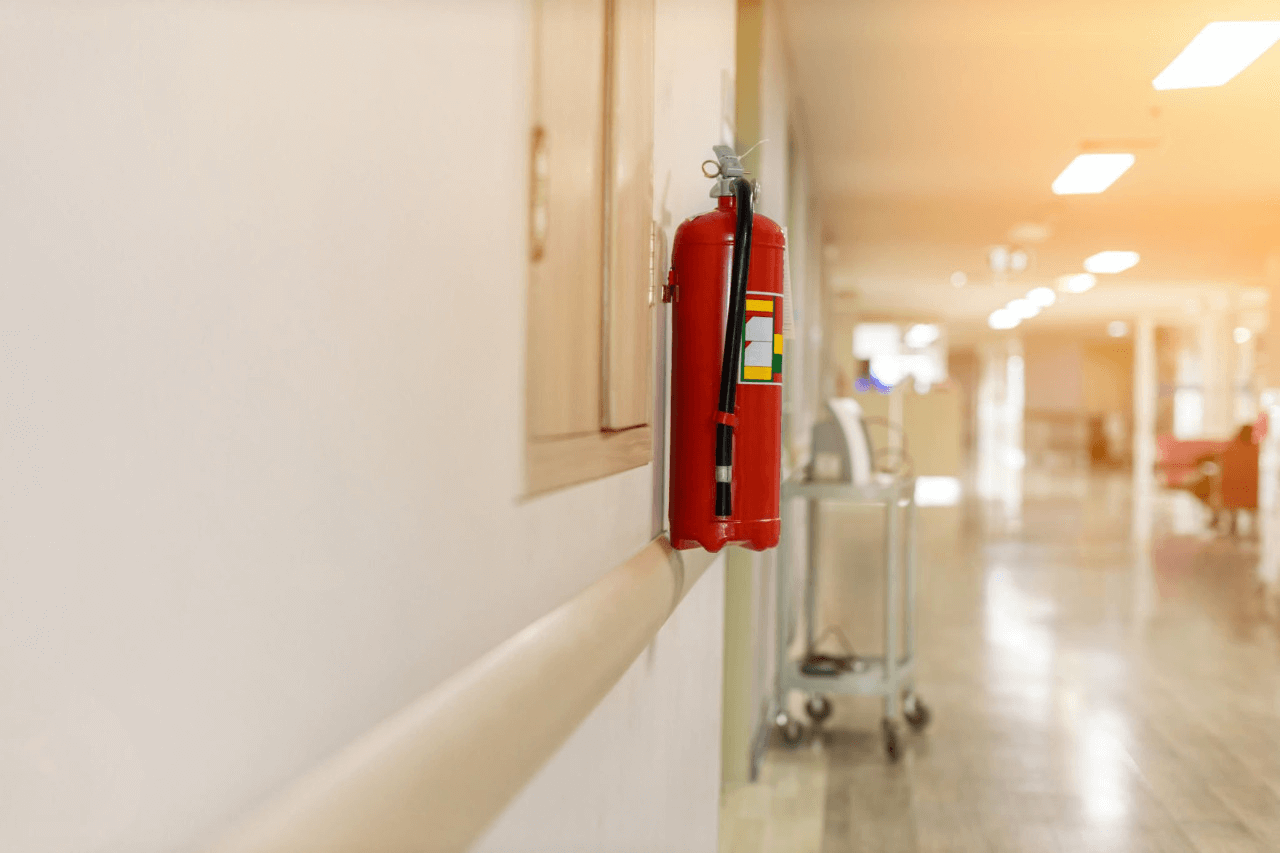
Applications of Dry Chemical Extinguishers
Dry chemical extinguishers are ideal for a wide range of environments due to their versatility. Some common applications include:
- Commercial and Industrial Settings – For protecting machinery, electrical equipment, and flammable liquid storage.
- Residential Areas – Especially in kitchens, garages, and workshops where combustible materials are common.
- Automotive & Transportation – In vehicles and transport facilities where fuel and electrical fires are a risk.
- Offices and Warehouses – For office equipment and storage areas that may contain flammable materials or electrical hazards.
Benefits of Using Dry Chemical Extinguishers
- Versatile – Effective on multiple classes of fires.
- Fast Acting – Quickly suppresses fires before they can spread.
- Cost-Effective – Affordable and widely available, making them a good choice for a range of fire protection needs.
- Compact & Portable – Easy to store and use, even in tight spaces.
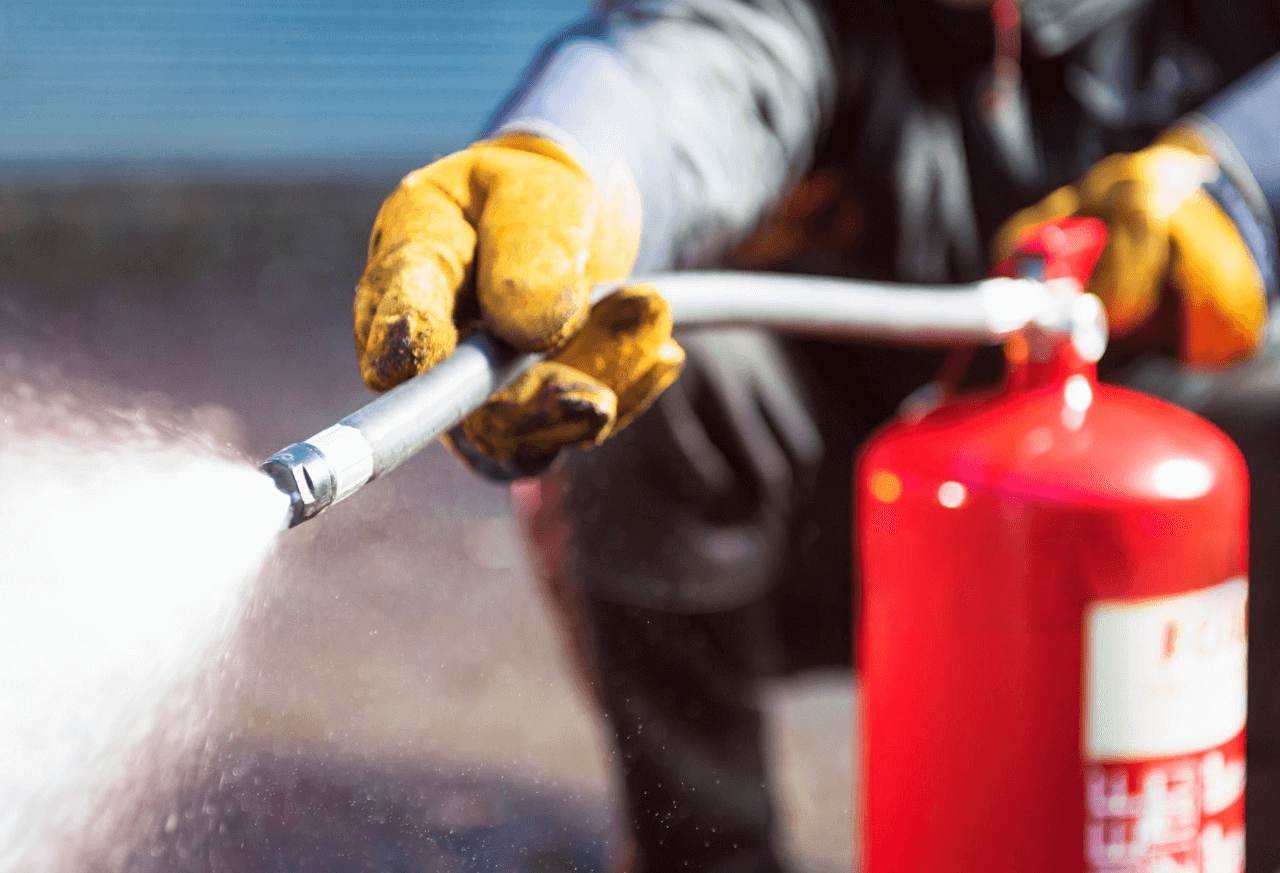
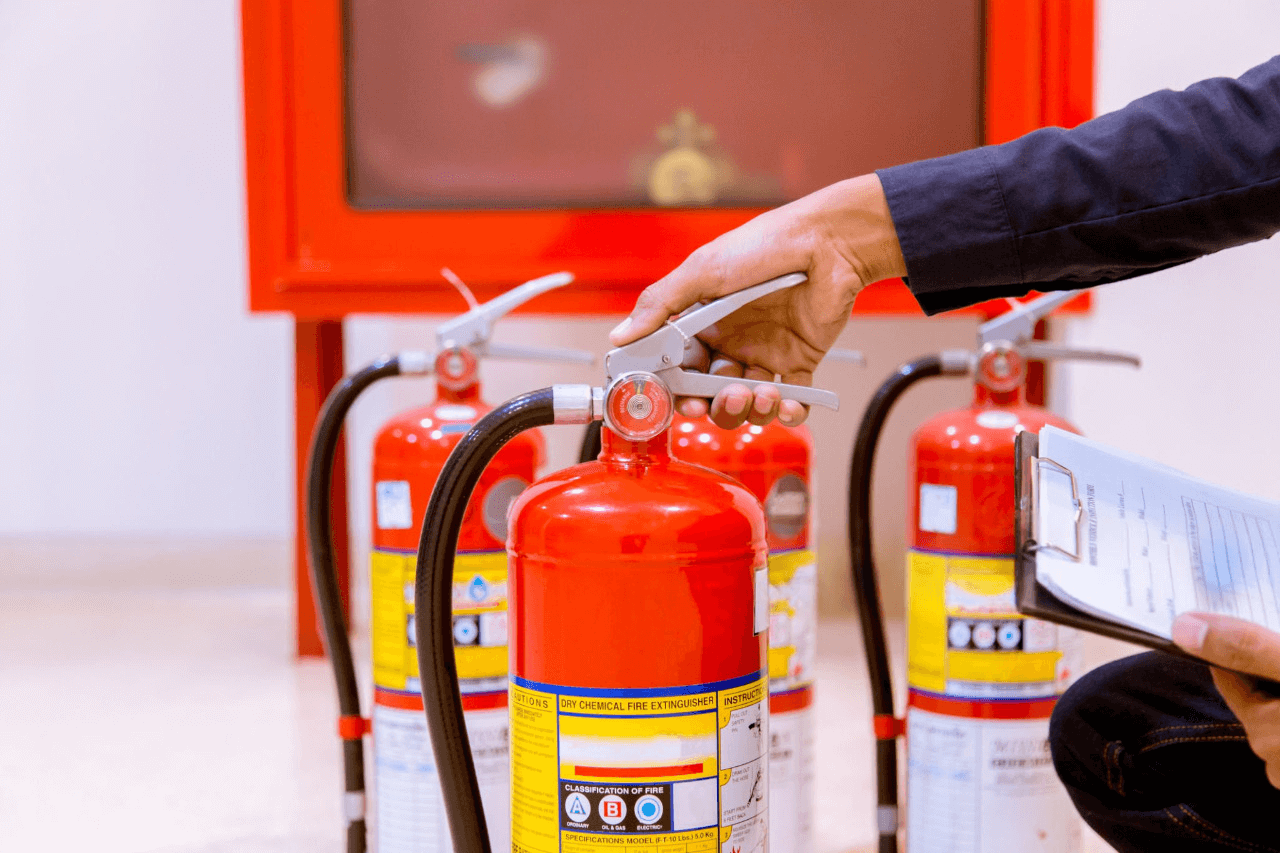
Choosing the Right Dry Chemical Extinguisher
When selecting a dry chemical extinguisher, consider the potential fire risks in your environment. Key factors to consider include:
- Class of Fire – Ensure the extinguisher is suitable for the types of fires present in your environment (Class A, B, or C).
- Size and Capacity – Choose the appropriate size based on the potential scale of the fire and the area you need to protect.
- Location – Place extinguishers in easily accessible locations where fires are most likely to occur, such as kitchens, workstations, and near electrical panels.
Frequently Asked Questions (FAQs)
Can dry chemical extinguishers be used on electrical fires?
Yes, dry chemical extinguishers are ideal for electrical fires, particularly those involving electrical equipment or wiring.
How often should I replace my dry chemical extinguisher?
While the extinguisher itself may last for many years, it’s essential to have it regularly serviced and recharged. The powder inside may degrade over time, affecting its performance.
Can dry chemical extinguishers be used on cooking fires?
Dry chemical extinguishers are effective for cooking fires, but they can cause a mess. In commercial kitchens, a wet chemical extinguisher may be a better choice.
